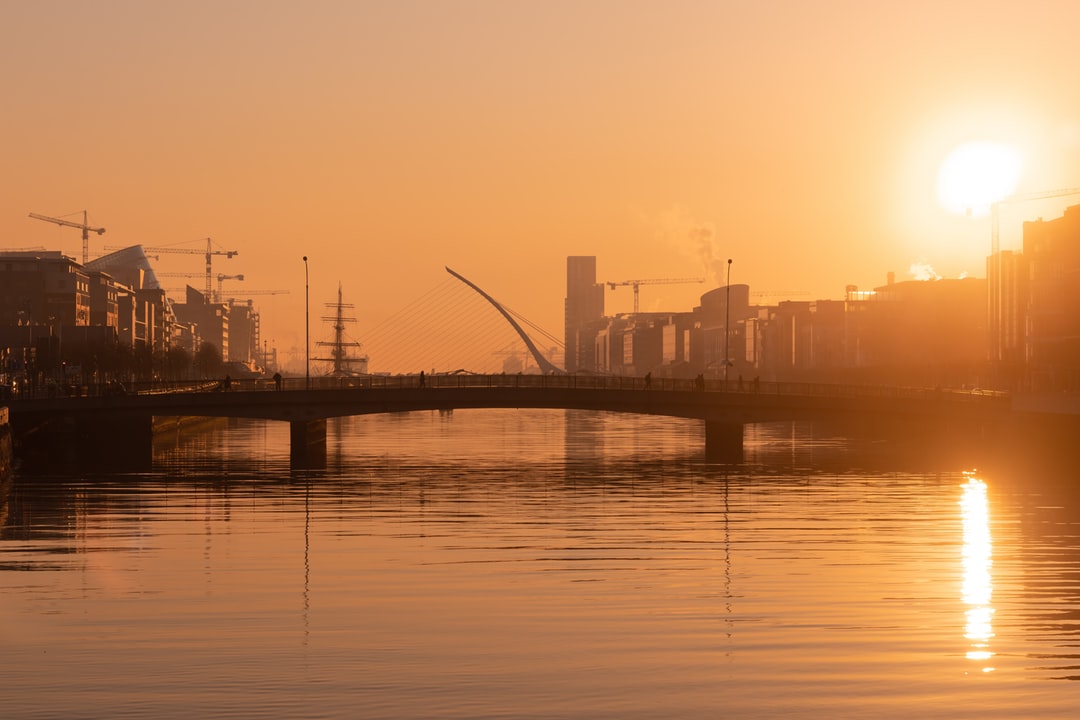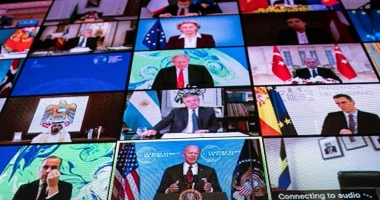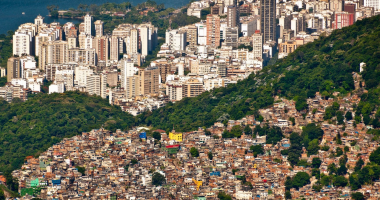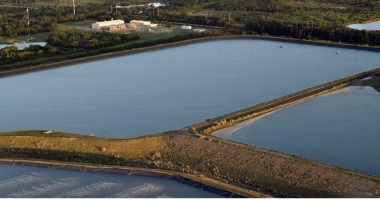Climate, Health and Equity Brief
Choosing Cities, Violent Crime, And Climate Apartheid
June 27, 2019
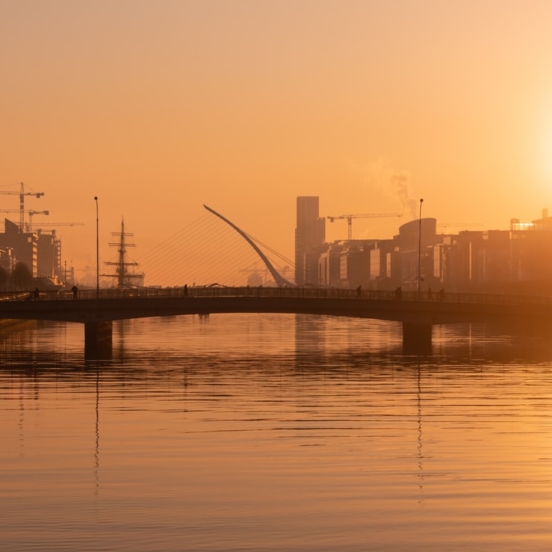
Hot topic: Climate injustice. Studies continue to confirm that climate change disproportionately harms the planet’s poorest and most vulnerable populations. New research shows that basic storm-surge protection for American coastal cities with more than 25,000 residents will cost at least $42 billion, and likely require tough choices on the part of the federal government to determine which cities will be prioritized and which will be left behind. And a study from the University of Southern California (USC) has found that heatwaves in Los Angeles increase crime and violence in the poorest neighborhoods, where many families face multiple challenges of poverty, including a lack of air conditioning.
In Europe, data shows that the poorest nations are also the most polluted. Reliance on sorely outdated coal power plants that leak toxins is causing massive health problems in Bosnia, North Macedonia, and Serbia. And a UN human rights expert warned this week that the world is increasingly at risk of a “climate apartheid” scenario in which the rich pay to escape the heat and hunger caused by the climate crisis while the rest of the world suffers. In order to win the fight against the climate crisis, we must prioritize climate equity as essential to the solution.
—Matt & Traci, GMMB
Equity
A USC study found that the violent crime rate rises by 5.7% when temperatures are above 85 degrees in the poorest districts in Los Angeles, where among other issues, many residents live in older homes that lack air conditioning. (The Wall Street Journal, paywall)
Building or fortifying seawalls to protect against flooding, stronger storms and rising seas is likely to be too expensive for many American cities to undertake. (The New York Times)
Europe’s poorest countries also remain its most polluted, with the populations of Bosnia, North Macedonia, and Serbia suffering the health consequences of the region’s reliance on outdated coal plants. (Bloomberg)
A UN human rights expert warned that the climate crisis will heighten inequality and undo the last 50 years of development. He urged the human rights community to make addressing climate change a priority. (The Guardian)
Health
More than 70 prominent medical and public health organizations called on elected officials this week to take action on climate change, which they call the greatest threat to public health of the 21st century. (Scientific American)
The Trump administration’s recent decision to loosen emissions regulations will allow more coal plants to continue operating and emitting sulfur dioxide, nitrogen oxides and particulate matter, likely leading to respiratory ailments and other consequences for human health. (The Washington Post)
Smoke from increasingly frequent and intense wildfires in the Western U.S. is causing health issues and premature deaths for people as far as hundreds of miles away. (Los Angeles Times)
Politics & Economy
The Trump administration is preventing the promotion of studies on the health impacts of climate change, including groundbreaking research showing that rising carbon dioxide can reduce the nutrients in rice, a staple crop for billions of people. (POLITICO)
Action
This week we’re pleased to launch The Antidote, a monthly interview series with key figures taking action at the intersection of climate change and public health. Today we’re excited to feature our interview with Ed Maibach, director of the Center for Climate Change Communication at George Mason University.
The city of Milan, Italy, partnered with Bloomberg Associates to plant 3 million trees that will cool neighborhoods, absorb carbon, improve air quality, and offer new public spaces. (Fast Company)
Hundreds of protestors blockaded a coal mine in Germany last weekend to demand that the nation end its reliance on fossil fuels and expedite its goal of shutting down all coal-fired plants by 2038. (CNN)
Upcoming Events
- June 17-28: Bonn Climate Conference
- June 19-21: World Forum on Climate Justice
- June 24-25: World Congress and Expo on Green Energy
- September 4-6: The 2019 Planetary Health Annual Meeting
- September 12: Forests, Food & Land Day: Meeting the 30×30 Challenge
- September 23: UN Climate Summit 2019
- September 23-29: Climate Week NYC
- November 2: APHA Annual Meeting and Expo: “Creating the Healthiest Nation: For science. For action. For health.”
- November 11-22: Santiago Climate Change Conference (COP25)
“Ethics and equity are at the core of the debate of climate change. Debate has to move from climate change to climate justice.”
—Narendra Modi, Prime Minister of India
We’ll be off next week for the 4th of July, and back in your inboxes on July 11th. Wishing you and yours a wonderful holiday.
Have feedback on this issue? Email us.

)

